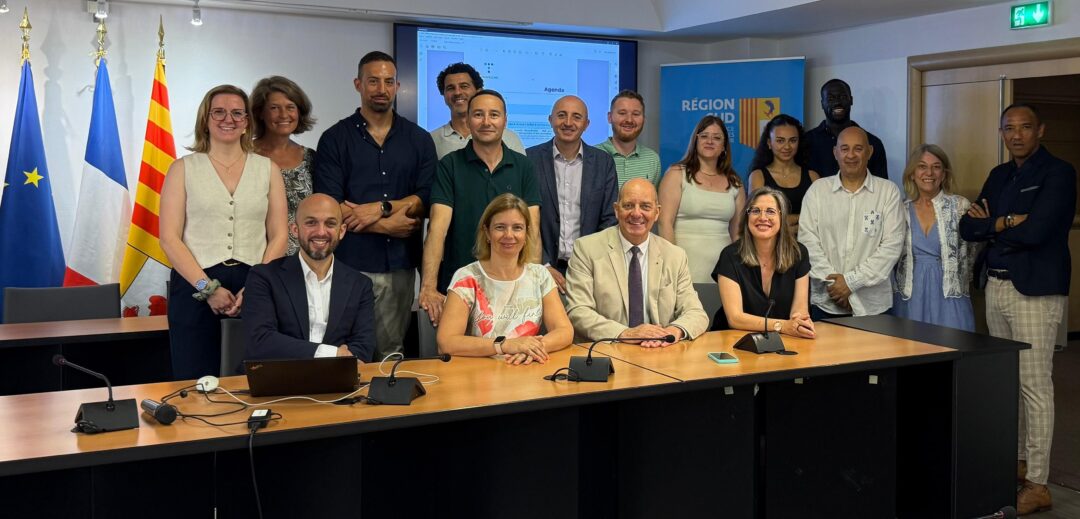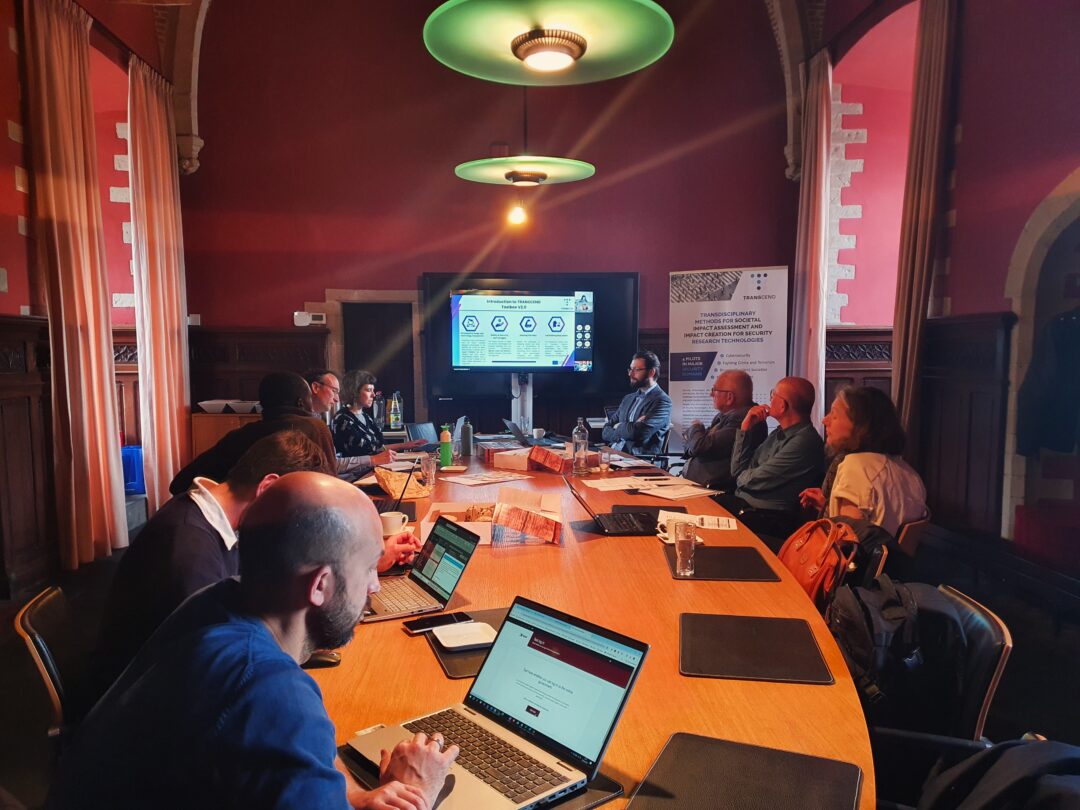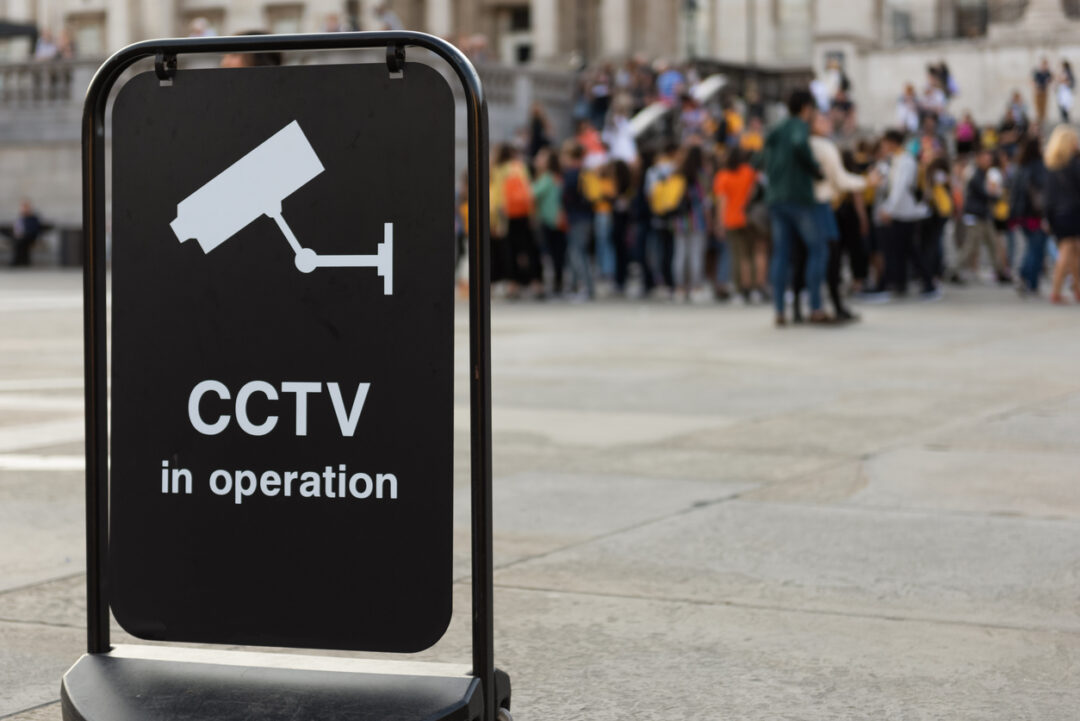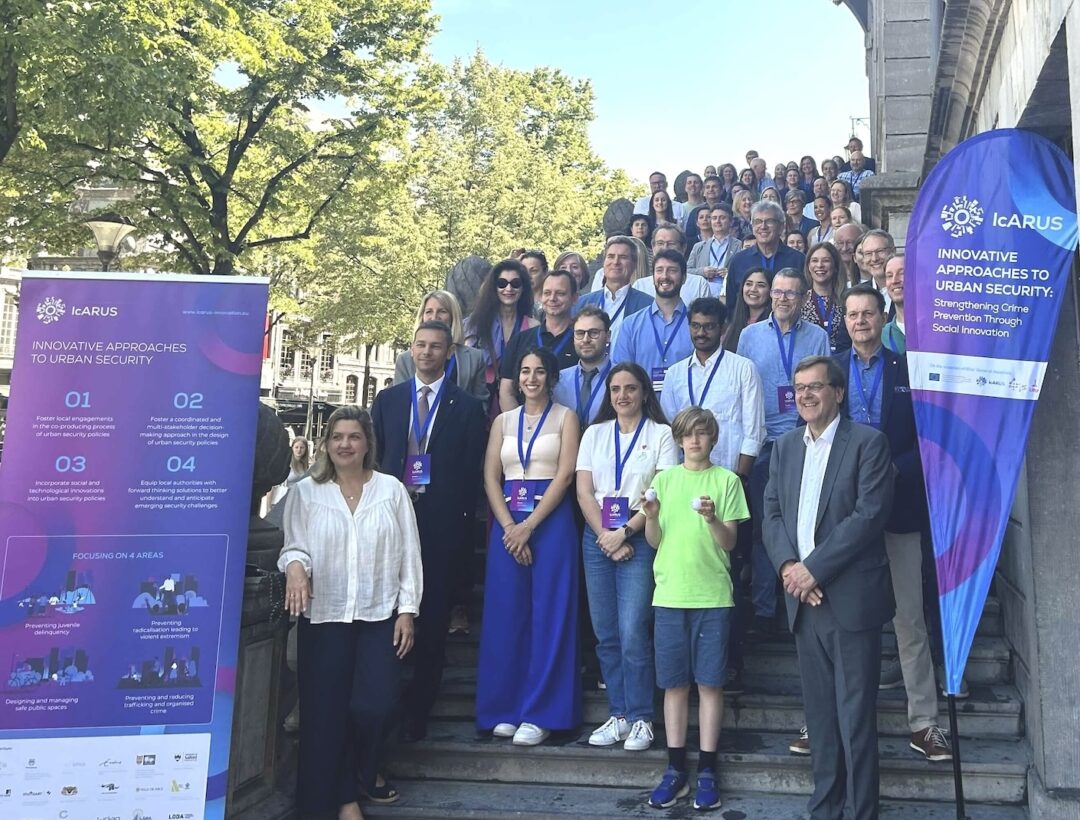The rapid adoption of new technologies is transforming cities into digital and smart environments, enhancing urban life while raising concerns about civil rights and ethics. Cities and local and regional authorities recognise both the opportunities and risks associated with technological advancements, particularly in security and governance.
Technology is a valuable tool for municipalities, complementing existing resources based on their effectiveness in specific situations. However, digital crime is often intertwined with organised crime, necessitating a broad approach to tackling criminal activities. Municipalities need to be supported by their national governments when implementing national cyber security plans, and more broadly to safeguard their systems and governance from cyber threats. Despite the growing impact of technology on urban security, innovation and foresight remain absent from local security policies. AI, mobile apps, social networks, Big Data, facial recognition… These technologies are reshaping security strategies, but they are also an opportunity to foster increased citizen participation. However, they pose ethical challenges regarding privacy and fundamental rights.
As AI is set to play an increasing role in all aspects of public governance, including urban security, the importance of communication, transparency and citizen engagement in the development and regulation of AI is key. It is imperative to mitigate potential risks while maximising AI’s benefits.
> Recommendations from the 2025 Security, Democracy and Cities manifesto
> Reports from the 2024 Security, Democracy and Cities conference
– How cities fight cybercrime and what are their roles
– Technology and AI: Opportunities and threats
European cooperation projects
- PRoTECT – Public Resilience using Technology to Counter Terrorism (2018 – 2021), aimed to strengthen local authorities’ capabilities in public spaces protection
- CCI – Cutting Crime Impact (2018 – 2021), the project focused essentially on petty crime that has a negative impact upon citizens
- Medi@4sec, led by the University of Warwick (GB), on the role of social media in enhancing public security (2016-2017)
- Efus was a partner in the SURVEILLE project (Surveillance : Ethical Issues, Legal Limitations and Efficiency) (2012-2015)
- Efus led the Citizens, Cities and Video Surveillance project (2009-2010) on video surveillance and the legal questions it raises
Publications & Resources
- Citizens, Cities and Video Surveillance: Towards a Democratic and Use of CCTV (Efus, 2010)
- Charter for a Democratic Use of Video Surveillance (Efus, 2010)

Practice sheets
Discover the actions implemented in communities across Europe through our summary documents, which present the key elements of each of these initiatives, including their context, objectives, activities, budget, evaluation. If you are interested, please contact contact@efus.eu.










